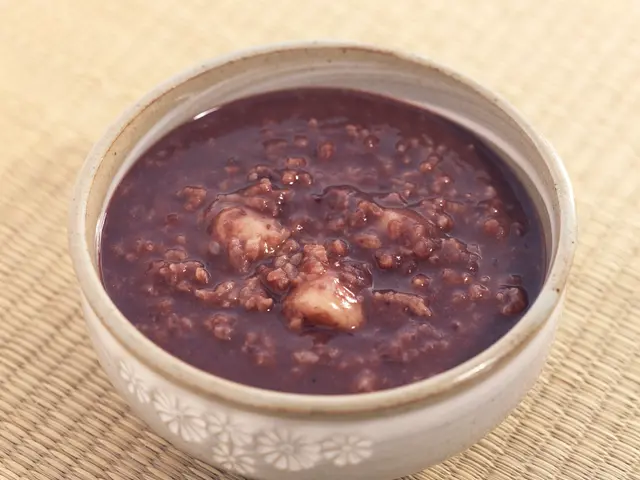Eight potential causes for persistent vaginal itching:
Vaginal itching isn't a rare issue for many women. You might experience itchiness and irritation, sometimes accompanied by a white discharge. Before you leap to conclusions and reach for antifungal treatments, consider these eight potential causes and how they may mask themselves as yeast infections.
First up, let's tackle the common suspect - a vaginal yeast infection. Symptoms include a burning or itching sensation in and around your vagina, thickened discharge, and possibly a reaction to typical treatments. If these symptoms persist or reoccur, you may be dealing with more than just yeast. A doctor's examination is essential to rule out other possibilities.
Several sexual transmitted infections (STIs) can mimic the symptoms of a yeast infection. STIs such as trichomoniasis, herpes, and genital warts can cause itchiness, discharge, and odor. If you suspect an STI, don't hesitate to see a doctor for a proper test.
Another unlikely culprit is skin reactions or allergies to certain fabrics or fragrances. Switching to scented tampons, pads, or even bath soap can cause irritation and itchiness. If you notice that any menstrual or hygiene products with added fragrances cause your vagina to itch or burn, it's best to stop using them and consult a doctor if the symptoms persist.
Jock itch, also known as tinea cruris, resembling an athlete's foot, can sometimes be responsible for itching around your vagina, particularly in the thighs and crotch area. Redness, irritation, and similar symptoms in this area may warrant a doctor's evaluation.
A lack of estrogen can cause a reduction in the skin's thickness, sometimes leading to discomfort, itching, or discharge. This is especially true for postmenopausal women and breastfeeding mothers. In such cases, vaginal lubricants or estrogen may provide relief.
Hemorrhoids, while predominantly involving the rectum, can also cause itching and irritation in the vaginal area. If you find that symptoms aren't just limited to the vagina but also nearby the anus, hemorrhoids may be the culprit. Aloe vera, good hygiene, and over-the-counter ointments can offer some relief, but if you experience persistent itching and rectal bleeding, consult a healthcare provider.
Skin irritation in or around the vulva, such as contact dermatitis or folliculitis, can cause itching and a skin rash. These may require a steroid ointment like hydrocortisone for treatment.
Lastly, bacterial vaginosis can create an imbalance in the vaginal microbiome, potentially leading to itching, odor, and discharge. A strong, "fishy" smell and discharge that's pale gray or white may be warning signs. If symptoms persist or are concerning, you may need antibiotics to treat the infection.
In summary, an occasional vaginal itch here and there is normal. However, persistent or worsening symptoms could indicate a more serious condition. Always see a doctor if experiencing blisters, pain, redness, pain during sex, trouble urinating, or unusual vaginal discharge.
To minimize itchiness and irritation, stick to unscented soaps and lotions, avoid vaginal sprays and douches, change out of wet clothing promptly, and wipe front to back gently after using the bathroom. Maintaining proper hygiene and avoiding irritants can help keep itchiness at bay.
Don't let embarrassment stop you from addressing vaginal discomfort. If you're experiencing persistent symptoms, consult a healthcare provider for a accurate diagnosis and treatment recommendations.
A potential cause for vaginal itching that may not be immediately apparent is bacterial vaginosis, which can create an imbalance in the vaginal microbiome, leading to itching, odor, and discharge. Another culprit could be skin irritation in or around the vulva, such as contact dermatitis or folliculitis, which can cause itching and a skin rash. In some cases, allergies to certain fabrics or fragrances might be the root cause of vaginal itching. For example, scented tampons, pads, or bath soap may trigger an allergic reaction.








